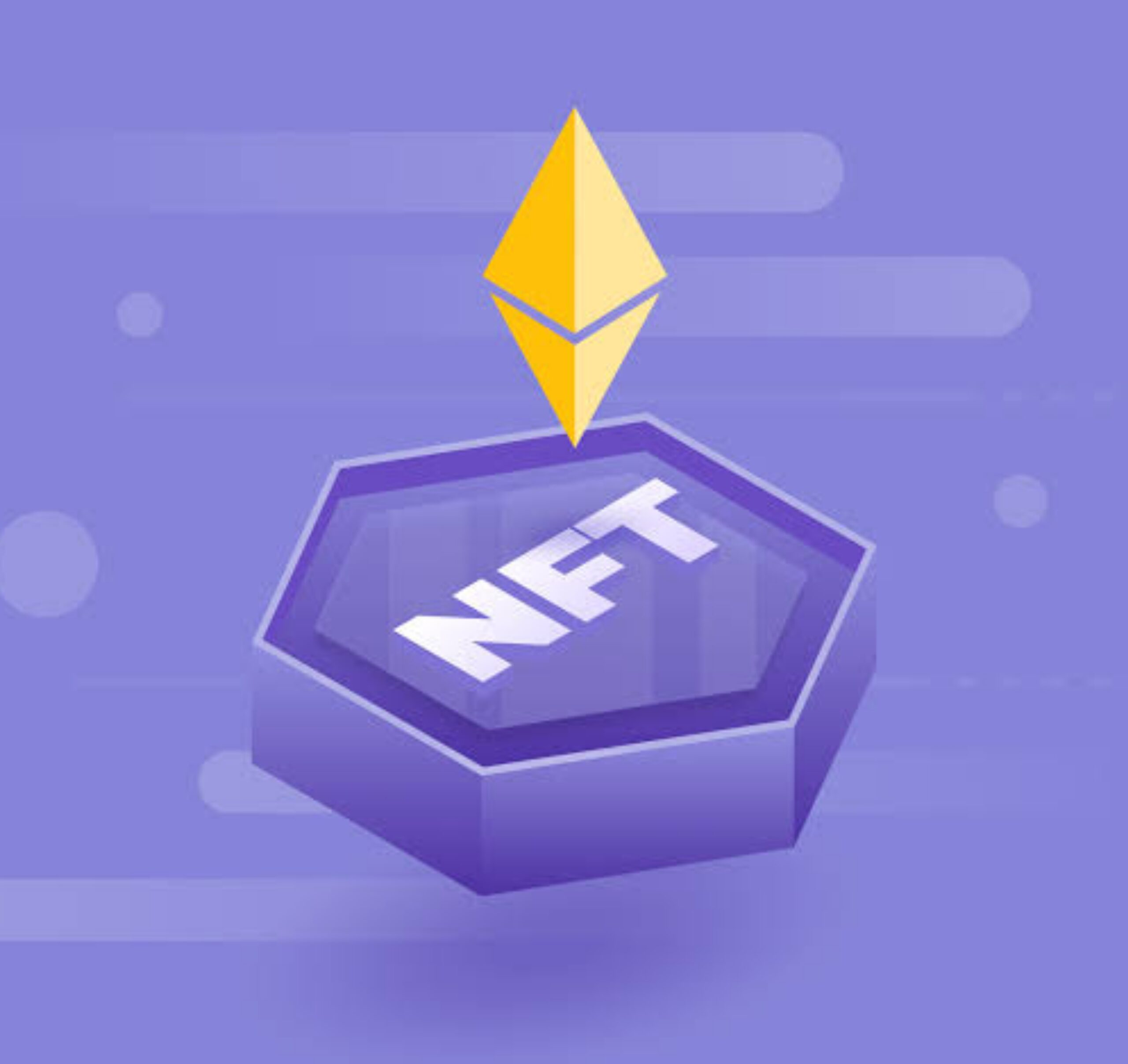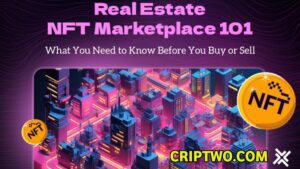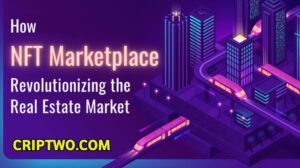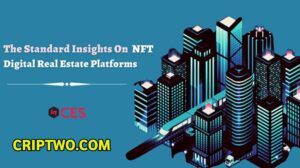NFT Real Estate Marketplace

NFT Real Estate Marketplace: A New Era of Property Investment
The advent of blockchain technology, particularly Non-Fungible Tokens (NFTs), is causing a major upheaval in the real estate sector. In the past, investing in real estate required a large amount of funds, extensive documentation, and actual property transfers. But NFTs have upended this paradigm, giving investors fresh ways to interact with tokenized and digital real estate assets. The world of NFT real estate marketplaces, their products, and the benefits and drawbacks of investing in this cutting-edge technology will all be covered in this article..

What Is an NFT Real Estate Marketplace?
NFT real estate marketplaces are online stores where consumers can use blockchain technology to trade, purchase, and sell tokenized real estate assets. These tokens, which offer ownership verification, immutability, and unrestricted trading and transfer, can stand in for virtual or physical properties. NFT real estate, while futuristic, is starting to materialize in both the actual and virtual worlds. It provides liquidity, smooth transfers, and fractional ownership—a feature that traditional real estate investing frequently does not.
How Do NFT Real Estate Marketplaces Work?
Blockchain technology, usually based on Ethereum or Solana, powers NFT real estate platforms and streamlines transaction processes.
- TokenizationPhysical or virtual real estate is tokenized into a nonfungible token (NFT), which represents partial or total ownership of the asset.
- Listing on the Marketplace: Properties are sold or auctioned on a marketplace by NFTs like Decentraland, SuperWorld, and newer platforms like Propy and RealT.
- Ownership Transfer: NFTs remove the need for middlemen like banks or brokers by enabling fast and transparent property transfers on the blockchain.
- Smart Contracts: Smart contracts are self-executing contracts written straight into code that eliminate the need for traditional legal processes and automate functions like ownership transfer and fund release. These contracts are often used in marketplaces.
There are two main categories of NFT real estate:
- Virtual Real Estate: Games, social media, and e-commerce are all conducted in virtual environments such as Decentraland, The Sandbox, and Cryptovoxels.
- Tokenized Physical Real Estate: Propy is leading the way in tokenizing real estate using NFTs, allowing investors to own partial or full properties without the usual paperwork and legal complications.
Pros of NFT Real Estate Marketplaces
1. Fractional Ownership
Fractionalization of ownership in NFT real estate allows small-scale investors to engage in possibilities that would otherwise be unattainable, which is a big advantage. This lowers the amount of capital needed to acquire a whole property by enabling them to own a portion of one. This increases the accessibility of real estate investing.
2. Transparency and Security
Blockchain technology permits ownership verification and public access to transaction history while guaranteeing security and transparency in transactions through its immutable records. By enforcing agreement conditions, smart contracts lessen fraud and disagreements. By doing away with the possibility of uncertainty brought about by manual procedures, this helps investors in traditional real estate transactions.
3. Liquidity
Due to its illiquidity, traditional real estate is difficult to sell or transfer fast. By enabling real-time trading of real estate assets on a blockchain, NFTs provide a solution and make real estate investing more liquid than traditional property ownership. For example, you can rapidly sell a tokenized property share that you own by listing it on an NFT marketplace.
4. Simplified Property Transfers
NFTs streamline real estate transfer by eliminating paperwork, intermediaries, and time-consuming approvals. Smart contracts handle ownership transfers quickly, eliminating middlemen like banks, lawyers, or agents, reducing transaction costs and time.

Cons of NFT Real Estate Marketplaces
1. Regulatory Uncertainty
The absence of legislative certainty presents major obstacles for NFT real estate, especially when it comes to the purchasing, selling, and taxation of tokenized physical properties. Investors are apprehensive about future rules because governments around the world have not developed clear regulations for these assets. Tokenized real estate may be liable to capital gains or property taxes in certain jurisdictions, although these laws are constantly changing.
2. Market Volatility
Prices in the NFT market are very erratic and are influenced by hype, speculative investment, and market movements. This puts investors looking for consistent profits at risk by causing large price decreases or illiquidity during market downturns. In particular, virtual real estate is a speculative investment, with prices impacted by user activity, platform popularity, and technology advancements..
3. Complexity for Newcomers
It could be difficult for people who are unfamiliar with NFTs and blockchain technology to comprehend new ideas like creating a digital wallet and gas costs. For people who are not familiar with blockchain technology, choosing the appropriate platform, comprehending smart contracts, and making wise investments in tokenized assets can be quite challenging.
4. Environmental Impact
Concerns over the environmental effects of NFT transactions, including real estate, have been raised by the considerable energy consumption of blockchain networks, especially those that use proof-of-work systems like Ethereum. Even though Ethereum 2.0 and other solutions address this problem, investors that care about the environment still give this top priority.
Virtual vs. Physical NFT Real Estate: Which Is Better?
Virtual Real Estate
- Advantages: Early adopters of virtual real estate platforms such as The Sandbox and Decentraland may be able to make significant profits from opportunities for development, renting, or other sources of income.
- Disadvantages:The viability of virtual real estate depends on the popularity of the platforms; it is a highly speculative venture that could collapse due to user loss or platform failure.
Physical Real Estate
- Advantages:As opposed to virtual real estate, tokenized real estate properties are more stable and less volatile since they are associated with physical assets. They can also generate extra money through commercial or rental use.
- Disadvantages: Tokenized real estate regulation is still in its infancy and may include additional administrative and legal hurdles, especially when buying tokens for properties located overseas.
Popular NFT Real Estate Marketplaces
1. Decentraland
Users can purchase, sell, and develop virtual land plots in Decentraland, an Ethereum-based virtual environment. This creates a wealth of investment options and causes land values to rise significantly.
2. SuperWorld
With SuperWorld, users may purchase virtual real estate in actual locales, giving investors the chance to own plots in well-known sites like Times Square and the Eiffel Tower.
3. Propy
Propy is a blockchain-powered marketplace that makes real estate trading, purchasing, and selling easier and more secure.

Conclusion
Property ownership, investment, and trading are being revolutionized by NFT real estate marketplaces. These platforms, which offer significant profits on tokenized physical goods and virtual land, are a quickly developing business. But there are hazards, particularly in a market this young. Understanding the industry’s benefits and drawbacks, keeping abreast of legislative developments, and selecting the appropriate platforms are essential for making the most of this expanding industry. The future of real estate investing is represented by NFT real estate.






